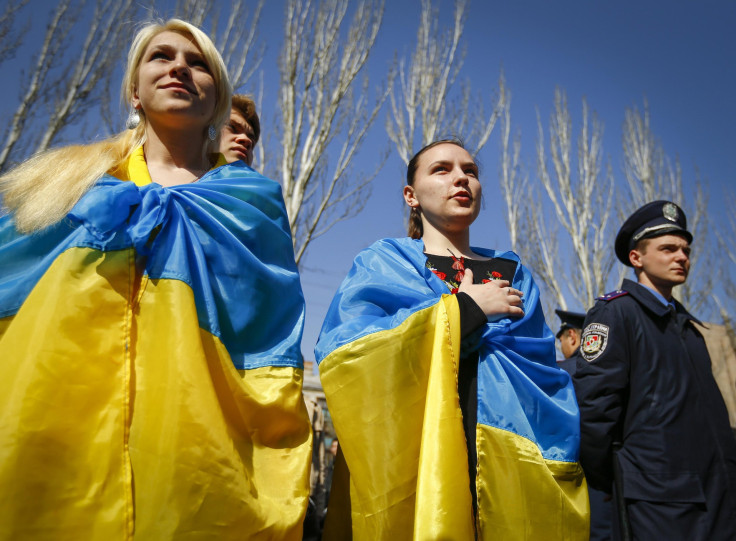Ukrainian Gas Middlemen May Play A Smaller Role In Pricing Dispute [CORRECTION]

A previous version of this story had an incorrect headline.
Billionaire Ukrainian businessman Dmytro Firtash was unknown to most of the outside world until the conflict between Russia and Ukraine erupted, highlighting the two countries’ important natural gas trade and the shadowy characters that keep its pipelines flowing. But as he and other middlemen have come under more public scrutiny in recent months, they may be losing the political capital to negotiate deals.
Firtash, one of the first of a growing group of Ukrainian and Russian businessmen to face Western sanctions triggered by the conflict, has made a fortune and a career as a middleman in the trade between Russian energy monopoly Gazprom and Ukrainian state energy company Naftogaz and other Ukrainian clients, according to New York Times reports. According to the Times, Firtash has made billions of dollars in recent years by buying fuel at reduced prices from Gazprom and reselling it with price markups. In 2006, when Gazprom and Ukraine’s post-Orange Revolution government disputed fuel prices, they agreed to trade through an anonymous middleman who proved to be Firtash. Gazprom did not release his name for months after signing the contract.
“The middleman was there for one purpose, to grab some money and grease the operation of this political-industrial machine,” Ken McCallion, a lawyer representing former Ukrainian Prime Minister Yulia Tymoshenko against Firtash, told the Times.
Tymoshenko’s suit in the U.S. District Court for the Southern District of New York alleges that Firtash used profits from the Gazprom deal to prop up pro-Russian politicians in Ukraine. It also charges that Firtash used Manhattan real estate deals to launder those profits and provided money to an American political adviser to former Ukrainian President Viktor Yanukovych. Firtash’s New York real estate fund was established with the help of Paul J. Manafort, a Republican who advised Yanukovych on his successful 2010 presidential campaign. In 2008, Firtash’s fund agreed to buy the former Drake Hotel on Park Avenue for $885 million, the Times reported.
In a separate criminal case, federal prosecutors in Chicago have accused Firtash of bribing officials in India after transferring money through American banks.
Gas middlemen who negotiate deals between suppliers and buyers are common in Eastern Europe and the former Soviet Union and essential to the region’s politics, experts say. But with the tension rising in Russia’s conflict with Ukraine and a shooting war a real possibility, these shadowy figures may find it harder to operate.
For example, one 27-year-old billionaire gas trader in Ukraine was unknown until the Ukrainian edition of Forbes magazine wrote about him, the New York Times reported. Serhiy Kurchenko bought Ukrainian Forbes last summer and hired a new editor. He’s now wanted in Ukraine for evading customs duties and seems to have mysteriously disappeared.
Another former gas middleman and the prime minister of Ukraine in the mid-1990s, Pavlo Lazarenko, bought the actor Eddie Murphy’s Southern California home for $6 million before serving time in a U.S. prison for money laundering.
© Copyright IBTimes 2024. All rights reserved.





















